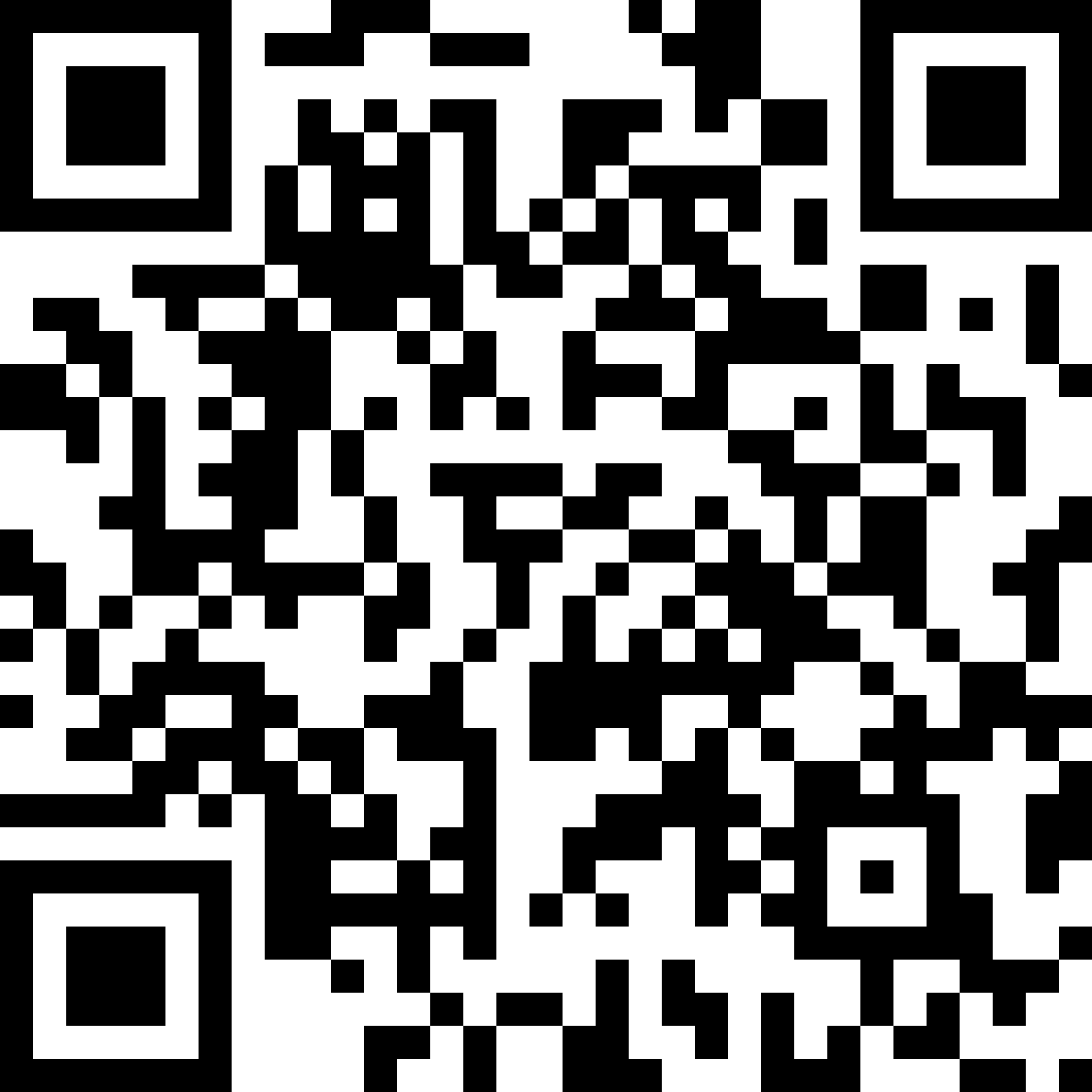“You must be a criminal if you insist on privacy.”
“Why do you need so much privacy if you have nothing to hide?”
These are the type of questions I get. All. The. Time.
The answer is simple. When you go to a public restroom, you close the door, right? Not because you’re plotting to overthrow the government – you just want to pee in private. Privacy matters. So why are we so free and easy with our most personal information?
We live in a world where your information is more freely available than ever, and there are more people who want to use that information for their own (possibly nefarious) purposes. So here are the three top things I suggest people do to protect themselves.
- Don’t let social media betray you. You go to the movies and post pics of yourself with your hideously overpriced popcorn as you’re preparing to watch The Lion King. Or you post selfies as you set off on that road trip. Stop. Think. What are you really telling people? “Hey, guys, I’m not home. Pull in anytime. Oh, and I’ve got a new TV as well.” Get a grip, people. You can always tell people about the movie or the holiday afterward.
- Think about your communication habits. This may sound mildly paranoid, but it’s not difficult to intercept communications like SMS and email. If you have anything even vaguely sensitive to share, use Whatsapp instead – at least it’s still secure and end-to-end encrypted. Do NOT send your bank or credit card details by email. You can also look at services like Wire, which is totally free, and Signal, which requires you to link a phone number, but offers powerful end-to-end encryption. Oh, and when you’re using WhatsApp, be sure to turn on security notifications to alert you when someone’s number changes: it’s the “show security notifications” option under Settings -> Account -> Security. You’re welcome.
- Secure your accounts using two-factor authentication. Obviously, don’t use SMS as one of those channels. Rather look for an Authenticator or any time-based one-time password (TOTP) app. Another great app is Authy, which allows you to enable two-factor authentication for all your favorite sites and accounts, and verifies your identity on your device. This means that even if your password is compromised, it doesn’t matter – as they don’t have your phone.
Oh, and if you think I’m being over-careful, don’t forget to draw your curtains at home tonight. And thank your lucky stars for privacy in a modern world which increasingly tracks your every move.
Remember: Privacy isn’t a thing you achieve. It’s a constant cat-and-mouse battle. It’s time to take back control of your own information in a way that no laws, governments or protocols ever will.
Listen to our podcast episode with Riccardo where he shares his thoughts on the future of privacy-enhancing technologies.





Leave a Reply